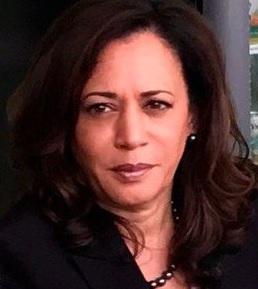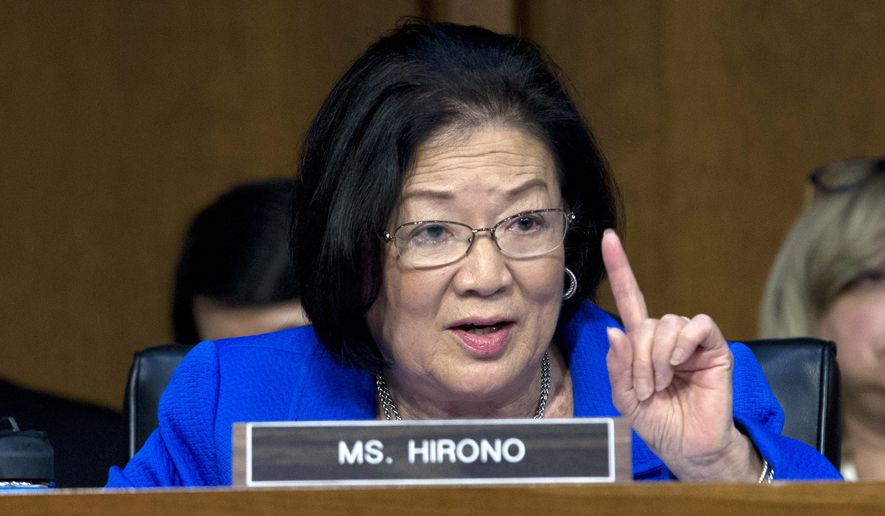 El Reino de Bután es un pequeño país (apenas 40.994km² y una población de menos de 800.000 habitantes) situado en la Cordillera del Himalaya, el cual limita al Sur con la India y al Norte con el Tíbet (un país invadido por China en 1959 y colonizado por la fuerza).
El Reino de Bután es un pequeño país (apenas 40.994km² y una población de menos de 800.000 habitantes) situado en la Cordillera del Himalaya, el cual limita al Sur con la India y al Norte con el Tíbet (un país invadido por China en 1959 y colonizado por la fuerza).
Pese a su precaria situación entre dos gigantes, ha logrado mantener su independencia gobernado por una monaquía constitucional desde su capital, Timbu. Esta independencia se logró gradualmente durante el siglo XX desde la elección de un rey por una asamblea compuesta por monjes budistas en 1907, hasta la creación de un Consejo Real Consultivo en 1965, la formación de un gabinete de gobierno en 1968 y la admisión a las Naciones Unidas en 1971.
Aunque la cultura budista ha sido predominante a través de toda su historia, el pacifismo proverbial del budismo no se ha reflejado en la hostilidad desatada contra las minorías cristiana y nepalesa, a las que ha violado y sigue violando abiertamente  sus derechos humanos.
sus derechos humanos.
La cruda realidad de esta agresividad contra las minorías en su territorio contradice la iniciativa del rey Jigme Singye Wanhuck en 1972, quien propuso entonces a las Naciones Unidas la creación de un índice de Felicidad Nacional Bruta (FNB) para medir la calidad de vida, para reemplazar las mediciones del Producto Interno Bruto (PIB), a fin de no concentrar los análisis del progreso de cada país sólo en factores económicos sino hacerlo bajo una óptica budista que midiera la igualdad en el desarrollo, la preservación de la cultura, la espiritualidad y la conservación del ambiente, como factores que ayudan a la felicidad de un pueblo.
- Hits: 7193

 Two U.S. senators — Kamala Harris (D-CA) and Mazie Hirono (D-HI) — made headlines in December after they questioned whether a judicial nominee’s membership in the Knights of Columbus would prevent him from being an impartial judge. The nominee was Brian C. Buescher, a member of Our Lady of Lourdes Council 13080 in Omaha, Neb.
Two U.S. senators — Kamala Harris (D-CA) and Mazie Hirono (D-HI) — made headlines in December after they questioned whether a judicial nominee’s membership in the Knights of Columbus would prevent him from being an impartial judge. The nominee was Brian C. Buescher, a member of Our Lady of Lourdes Council 13080 in Omaha, Neb. woman’s right to choose” and “marriage equality.”
woman’s right to choose” and “marriage equality.”